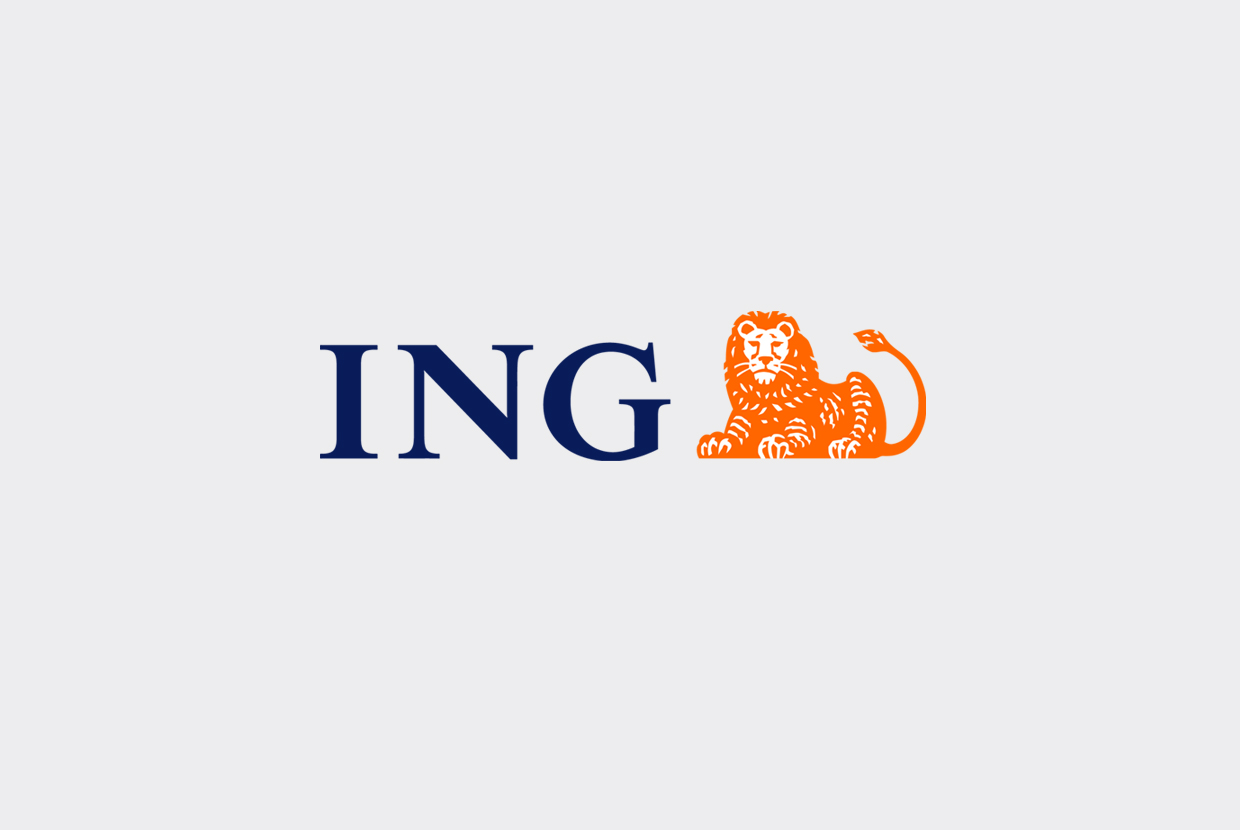ING and the International Finance Corporation have launched a US$500mn commodity finance facility to reduce the risk of food and energy shortages in the emerging markets.
The facility is part of the IFC’s critical commodities finance programme set up in January this year which aims to increase the amount of liquidity available for all those active in the financing of agribusiness and energy products in and out of the world’s poorest countries.
Commercial banks’ risk appetite for emerging markets is reducing as the eurozone crisis continues, prompting a need for multilaterals such as the IFC to step in and provide additional risk capacity.
The IFC’s programme uses a risk-sharing approach to provide financing to banks and commodity traders, and it hopes to mobilise approximately US$18bn in the next three years. A number of banks including Société Générale and Rabobank have signed up to the programme already.
Under the latest deal with ING, both the Dutch bank and IFC will contribute US$250mn each to the risk-sharing scheme. The money will be used to support the trade of agricultural and energy commodities by ING’s clients in emerging markets, specifically exports from Russia and other countries in Eastern Europe.
“ING welcomes IFC’s intervention during the financial crisis to accommodate the world’s financing needs of commodity trade,” comments Juultje van der Wijk, managing director, global head, trade finance services, at ING.
“Under this programme, IFC aims to improve the flow of energy and agricultural commodities in the developing world at a time when global trade and commodity finance is increasingly scarce. We are pleased to partner with ING bank, one of the market leaders in the field of commodity finance,” comments Georgina Baker, director, global trade and supply chain solutions, IFC.
The IFC hopes its commodities programme will encourage other multilaterals to set up similar schemes.







